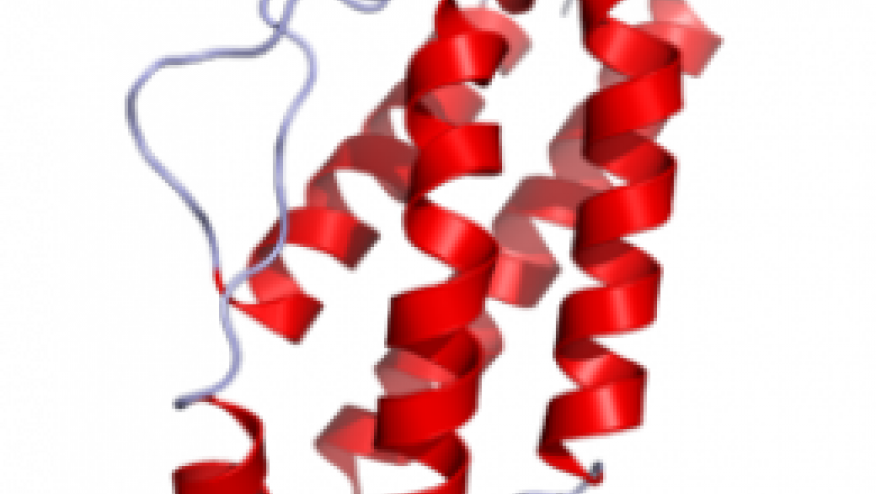Low Dose IL-2 Effective in Lupus Save

A double-blind, placebo-controlled clinical trial of low-dose IL-2 in patients with systemic lupus erythematosus (SLE) has shown that low-dose IL-2 was clinically effective while expandng regulatory T cells and NK cells, which may benefit immune homeostasis in SLE patients.
SLE patients have been shown to be deficient in IL-2 and it is postulated that IL-2 therapy may induce and expand regulatory T cells to better control self-tolerance and autoimmunity. Prior pilot studies of low dose IL-2 in SLE have been encouraging.
While IL-2 immunotherapy has been tried in other conditoins (e.g., melanoma, etc.), use has often been limited by toxicities.
This clinical trial enrolled 60 patients with active SLE, who received either IL-2 (n=30) or placebo (n=30) for 12 weeks, and were followed for an additional 12 weeks. IL-2 at a dose of 1 million IU or placebo was administered subcutaneously every other day for 2 weeks and followed by a 2-week break as one treatment cycle. The primary endpoint was the SLE Responder Index-4 (SRI-4) at week 12.
At week 12, the low dose IL-2 group had greater SRI-4 responses (55.2%) than placebo (30%) (p=0.052). This superiority was maintained for the next 12 weeks off IL-2 (at week 24) with an SRI-4 response of 65.5% vs 36.7%, respectively (p=0.027).
Complete remission in lupus nephritis patients was seen in 54% on IL-2 vs 17% on placebo (p=0.036). Adverse events were not significantly different between groups, other than a few more injection site reactions (9 vs. 2), fever (4 vs. 0) and flu-like symptoms (3 vs. 0).
Patients treated with low-dose IL-2 had greater expansion of regulatory T cells, no change in CD4+ and CD8+ T cells and a significant increase natural killer cells after IL-2 therapy.
This is the first randomised, double-blind, placebo-controlled study of low-dose IL-2 in SLE, demonstrating efficacy and safety with expansion of regulatory T cells and NK cells, which may contribute to the restoration of immune homeostasis in SLE patients.










If you are a health practitioner, you may Login/Register to comment.
Due to the nature of these comment forums, only health practitioners are allowed to comment at this time.